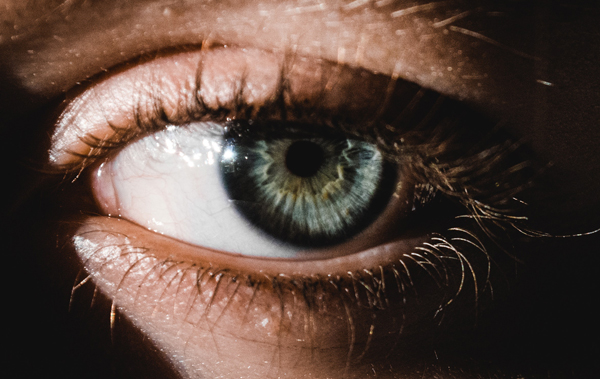
Everyone who uses computers, tablets, telephones and other technological devices will experience strain and soreness in their eyes at some point. It is common for overworked eyes to become dry and painful. This eyestrain can also cause inability to focus on faraway objects, blurred vision and headaches. The human eye is better structurally at looking at objects 6 metres away. Looking at a close point for a long period, as well as the bright light of a computer or phone screen, is what causes your eye fatigue.
10 ways for you to avoid eyestrain
- Ensure you regularly have eye examinations and wear any prescription lenses you need to maintain the health of your eyes. Blurring and headaches may indicate a need for an eye exam.
- Limit screen time, especially for children, who may not be able to recognise eyestrain when it occurs. While the causal mechanism is not yet known, studies have shown spending 40 extra minutes outside reduce the risk of myopia (near-sightedness).
- Take breaks: every 20 minutes, look away from the screen at an object at least six metres away for at least 20 seconds. Every hour, get up and take a break from the computer screen for at least five minutes. For children this should be at least ten minutes.
- Sit at least an arm’s length away from your computer and try to do the same for tablets and smartphones. If you wear multifocal glasses, consider computer-specific prescriptions. If you are moving your head around to see properly, your glasses are likely measured or made incorrectly, and your optometrist can help.
- Remember to blink. While usually we blink about once every four seconds, we tend to do so much less often using computer screens, and this can contribute to dry eyes.
- Adjust the lighting in your room. It will be easier on your eyes if the main source of light, whether a window or lamp, isn’t shining into your face or the computer screen.
- Adjust your computer brightness. White on your computer screen should not be so bright as to resemble a light source, or grey or dark, for that matter. Your computer brightness should be similar to the surroundings.
- Artificial tears can help prevent and relieve mild cases of dry eyes.
- Consider quitting smoking. Smoking at your computer reduces air quality which worsens dry eyes.
- A balanced diet will ensure you get the nutrients that support eye function.
There is currently little research that has been done on the benefits and harms of blue light exposure and blue light blocking filters. According to the Royal Australian and New Zealand College of Ophthalmologists Position Statement on Blue Light and Digital Screens, there is no evidence that blue light exposure causes eyesight damage. Limiting blue-light exposure at bedtime may be beneficial for people who have difficulty sleeping, but the evidence is currently limited.



